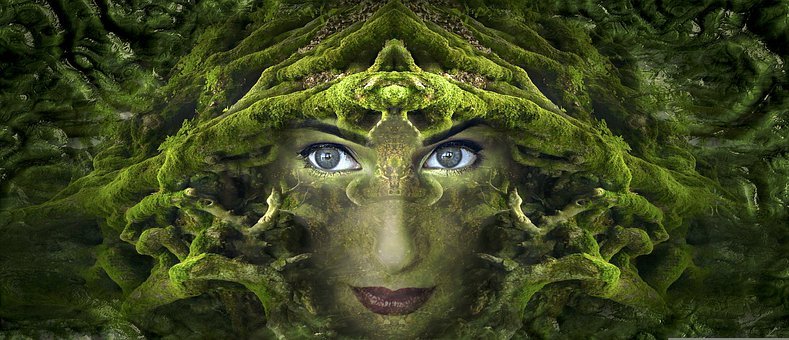Life expectancy has increased. Catastrophic illnesses diagnosed early can be treated and prolong life. Technology, drugs, and lifestyle changes also add years to life. Literally more people are going to be older adults in the Dominican Republic in the coming decades.
The possibility of living well and healthy, with good physical and mental health, will depend on several factors: genetics, diet, physical activity, prevention and timely medical check-ups, lifestyle changes, little stress and conflicts, couple relationships and healthy family; savings and achieve social welfare.
However, factors such as personality type, spirituality, emotional intelligence, skills and abilities to handle the adversities of life; learning to laugh, hug, caress, dance, travel, give gifts, visit, or make other people happy, makes it easier to prolong life.
Few people organize, prioritize and prepare to be older adults and have a dignified, harmonious and joyful old age.
When none of these factors have been considered in life; life simply charges with negative results in its mental health: depression, loneliness, insomnia, anxiety, fears, guilt, despair, dissatisfaction, spiritual poverty, remorse and suicidal ideas.
You may be interested in: Mental health and social security: new challenges
But let’s talk about the depression of the elderly, those mood swings, sadness of months or years, tiredness, loss of appetite, apathy and disinterest in things; as well as isolation, somatic complaints and hypochondria, loss of hygiene, mental confusion or slowness, easy crying and a state of recurrent handicap; speaks of major depression in adults.
Sometimes, abandonment, not eating, stopping taking medications, refusing to receive visitors or go out to celebrate life, in the elderly, represents episodes of masked depression that the couple, the children, or the doctors go unnoticed.
Diseases such as arthritis, vascular accidents, Parkinson’s, vision or hearing loss, represent changes in a person’s life. As well as the death of the partner, children, friends, siblings, etc.
In the depression of the elderly, retirement, change of housing, neighbors, friends, the economy, the quality and warmth of life, the mistreatment to which they are subjected by relatives and by society are valued.
In my practice I accompany older adults with medical, psychotherapeutic and psychosocial approaches. I learn a lot from them, they advise me, I advise them, we criticize families, governments, neighbors, and we laugh.
I teach them to organize a healthy life project, to invest their savings in them; to dress well, eat healthy, visit places, have social gatherings, travel to the interior, beach, park, walk, listen to music, have sexuality, among other things.
If we take care of ourselves we will all have the opportunity to be older adults. The quality of feelings, positive emotions, living in the present; learning to let go of the past, are emotional results that make the difference for the healthy older adult, with a sense of usefulness; to an older adult in depression and bitterness in the last years of his life.
life has changed. Diseases are more costly and have a greater impact on everything we do. The attitude must be reflective, make small changes, move and continue to have small
occupations and interests for others and for oneself. Live a happy, functional, healthy adulthood and for happiness.

